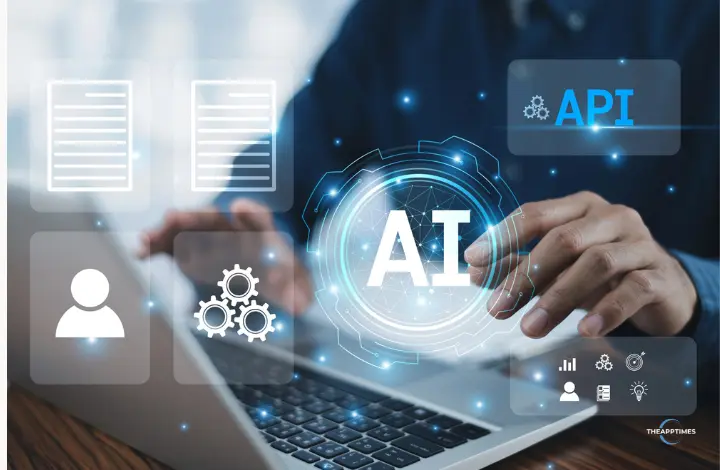Artificial Intelligence (AI) is revolutionizing the workplace, transforming industries, and reshaping the way people work. With advancements in machine learning, natural language processing, and robotics, AI is no longer a futuristic concept but a critical component driving efficiency, productivity, and innovation in the modern workforce. In this article, we explore the role of AI in influencing the future of work, its benefits, challenges, and the steps needed to adapt to this transformative shift.
Role of AI and Automation

Redefining Job Roles
AI-powered automation is optimizing repetitive and mundane tasks, allowing employees to focus on higher-value activities. From data entry and customer service chatbots to predictive maintenance in manufacturing, AI systems are enhancing productivity across sectors. However, the impact varies by industry. For instance:
In Agriculture: AI-powered drones monitor crop health, while automated machinery optimizes harvesting.
Education: Intelligent tutoring systems assist teachers by personalizing learning experiences for students.
While some fear job displacement, automation often creates opportunities for new roles, such as AI specialists, data analysts, and ethical AI consultants, balancing workforce dynamics.
Emerging Trends and Sector-Specific Innovations
AI excels at analyzing vast amounts of data and providing actionable insights, driving innovation across diverse fields. Emerging trends include:
– Green Jobs: AI supports renewable energy projects by optimizing energy grids and predicting maintenance for wind turbines.
– Workplace Inclusivity: AI tools are helping companies eliminate hiring biases and promote diverse workplaces.
Sector-specific examples highlight the transformative potential:
– Healthcare: AI algorithms diagnose diseases earlier and recommend tailored treatment plans, significantly improving outcomes.
– Construction: Robotics combined with AI streamline site safety and ensure project timelines are met efficiently.
Human-AI Collaboration: Beyond Automation
AI is enhancing employee experiences by facilitating collaboration rather than replacement. For example:
– Creative Roles: AI assists in generating ideas, leaving humans to refine and innovate further.
– Skill Augmentation: Tools like language translators or data visualization platforms expand workers’ capabilities.
The future of work lies in blending AI’s efficiency with human creativity, enabling roles that were previously unimagined.
The Gig Economy and Remote Work
AI is a driving force behind the growth of the gig economy and remote work. Platforms like Upwork and Fiverr use AI to match freelancers with projects, ensuring efficiency and satisfaction. Emerging tools include:
– Collaboration Software: AI-driven platforms predict project bottlenecks and suggest optimal workflows.
– Virtual Workspaces: Augmented reality (AR) integrated with AI facilitates immersive remote collaboration, redefining “office” environments.
Challenges and Ethical Considerations
While AI offers immense potential, it also poses challenges. Key concerns include:
– Bias in Algorithms: AI systems can perpetuate societal biases if not adequately monitored.
– Mental Health Impact: Over-reliance on AI tools may lead to worker isolation or decreased social interactions.
– Economic Disparities: Rapid AI adoption could exacerbate inequalities in underprepared regions or sectors.
Addressing these challenges requires collaboration between governments, businesses, and educational institutions to establish ethical guidelines and provide training programs.
Preparing for an AI-Driven Future
Adapting to the AI revolution involves proactive measures, such as:
1. Continuous Learning: Workers must upskill to stay relevant in an AI-dominated landscape.
2. Emphasizing Soft Skills: Creativity, emotional intelligence, and critical thinking remain uniquely human attributes.
3. Ethical AI Development: Businesses must prioritize transparency and accountability in AI deployment.
4. Policy Support: Governments should invest in reskilling initiatives and enforce regulations to promote fair AI use.
5. Global Collaboration: Cross-border partnerships are essential to share best practices and technologies.
Conclusion
AI is not merely a tool but a transformative force shaping the future of work. By embracing its potential, addressing its challenges, and fostering collaboration among stakeholders, society can ensure that the role of AI is to drive progress while benefiting workers and businesses alike. The key lies in harnessing AI’s power responsibly to create a future where humans and machines work in harmony, bridging gaps and unlocking possibilities across industries and geographies.
Leave a Reply